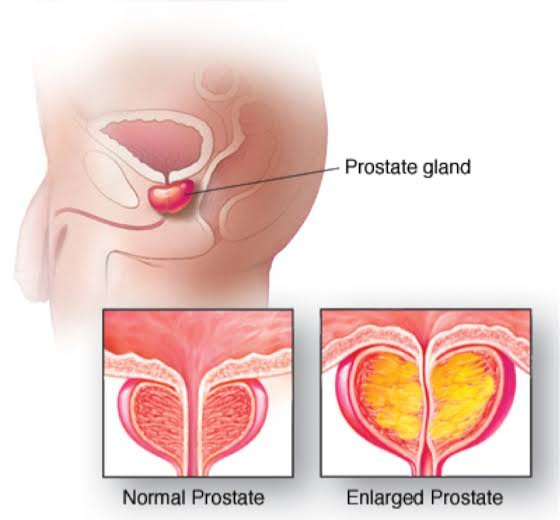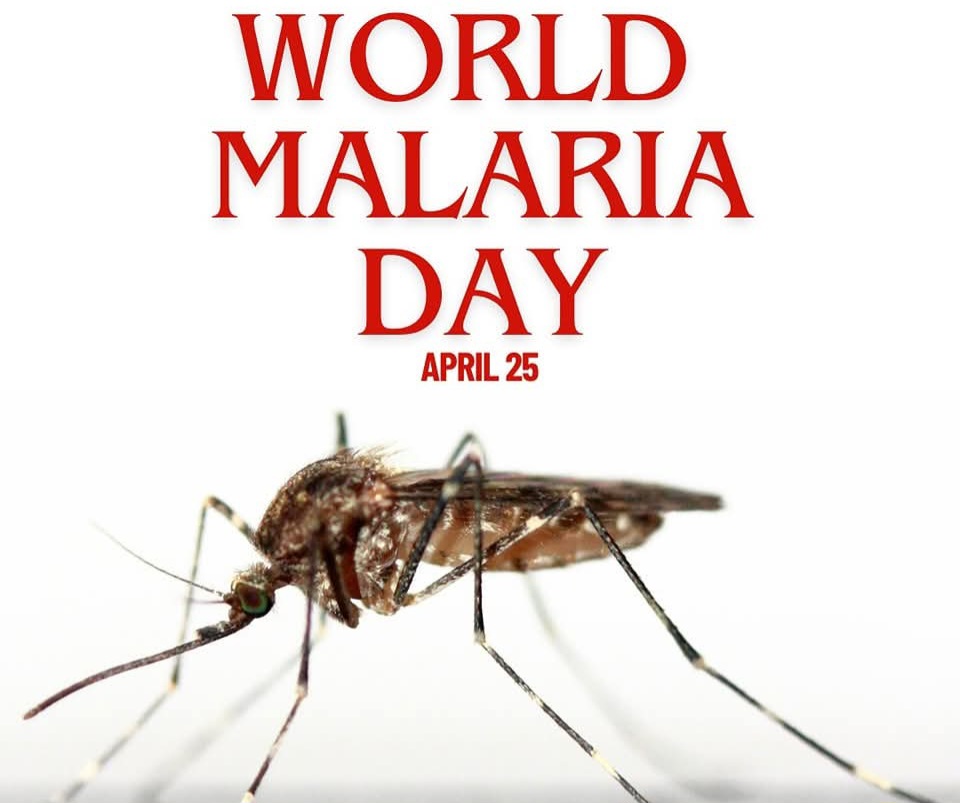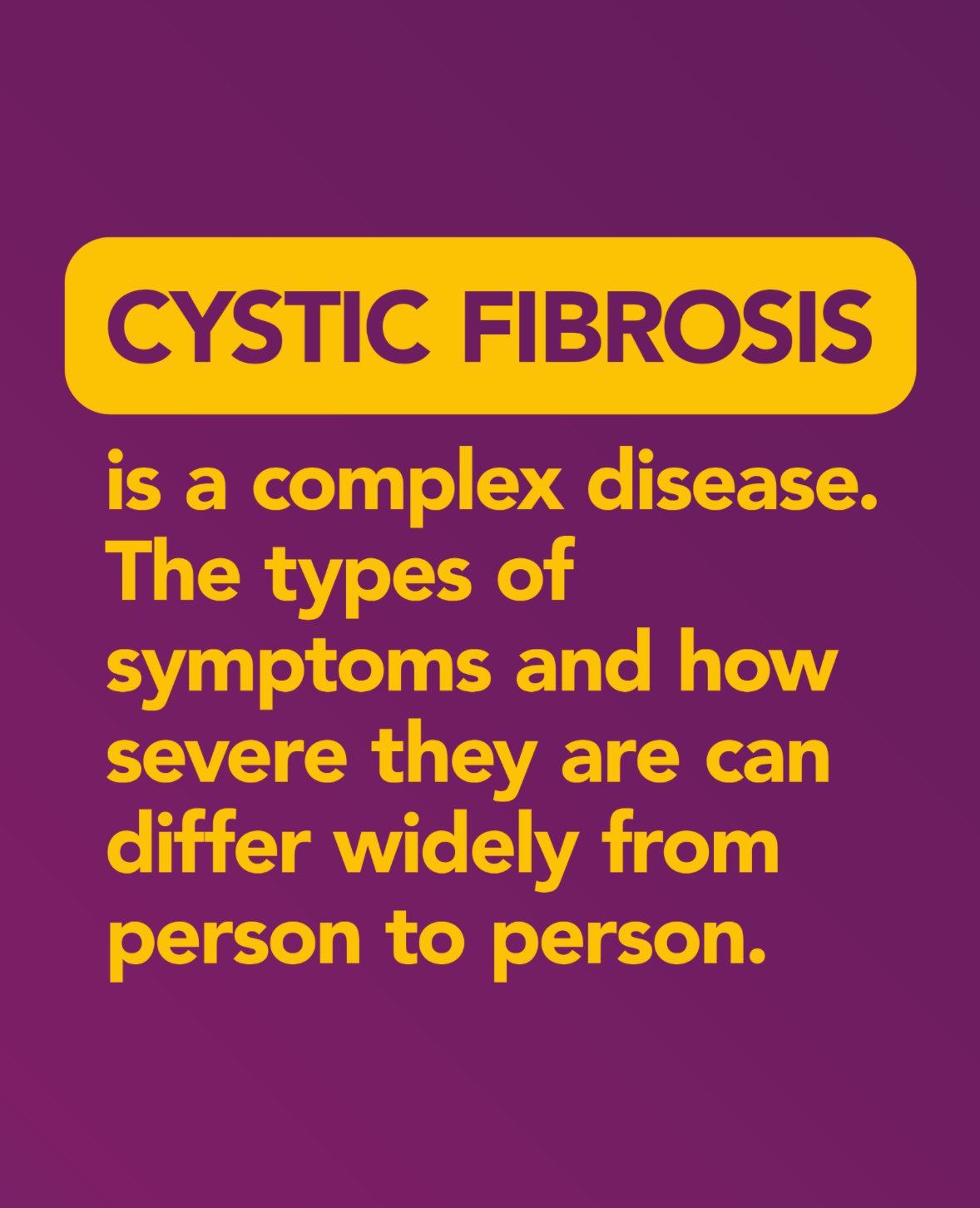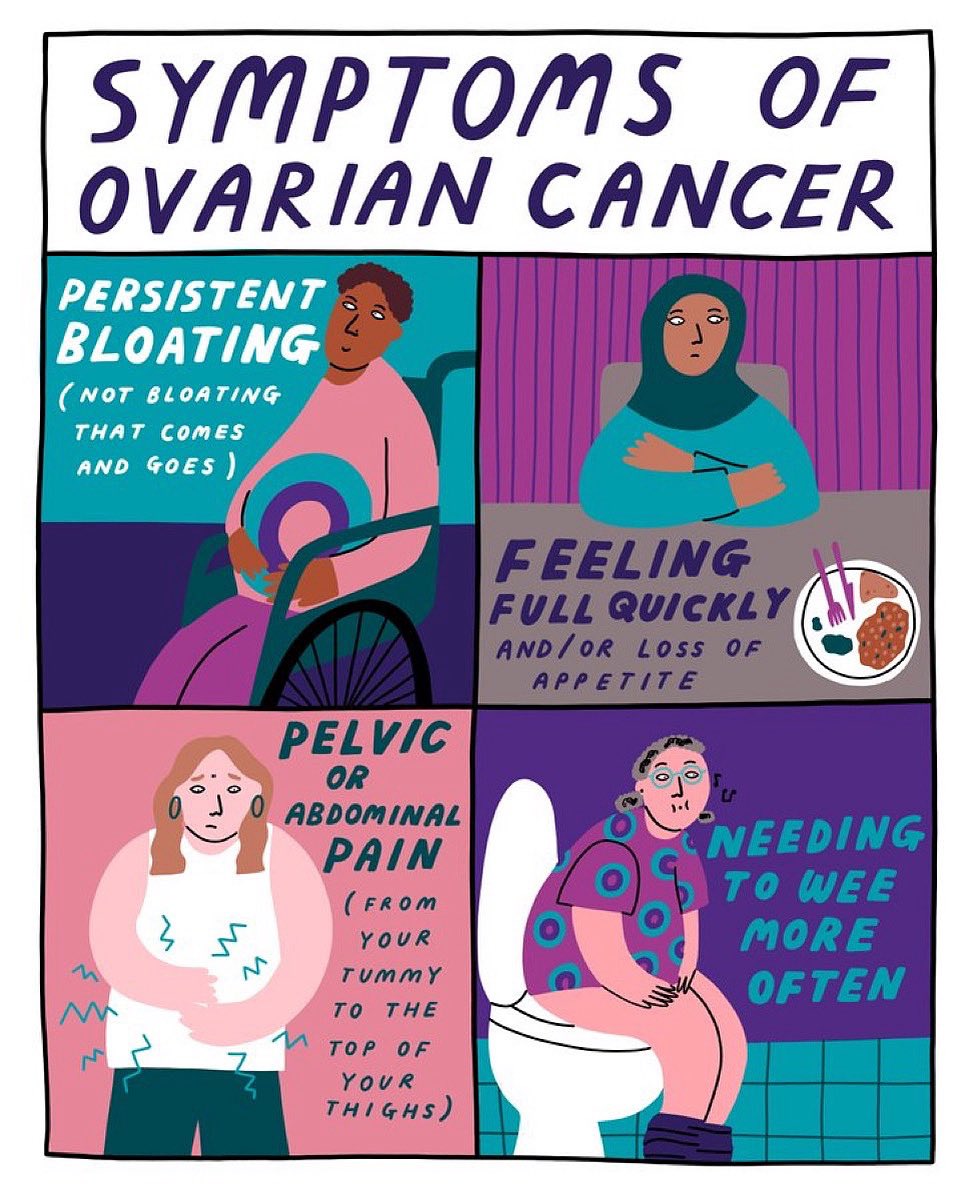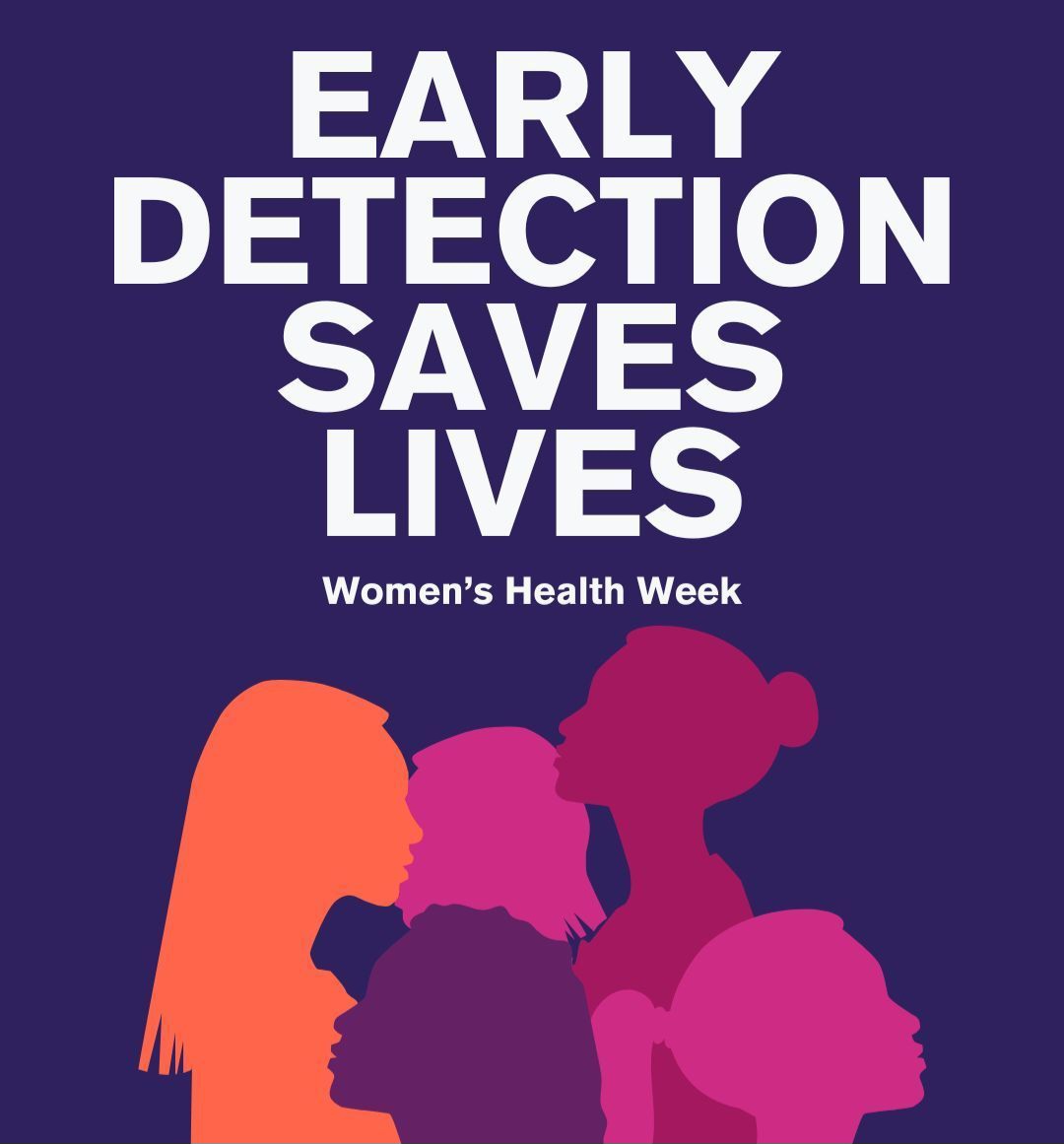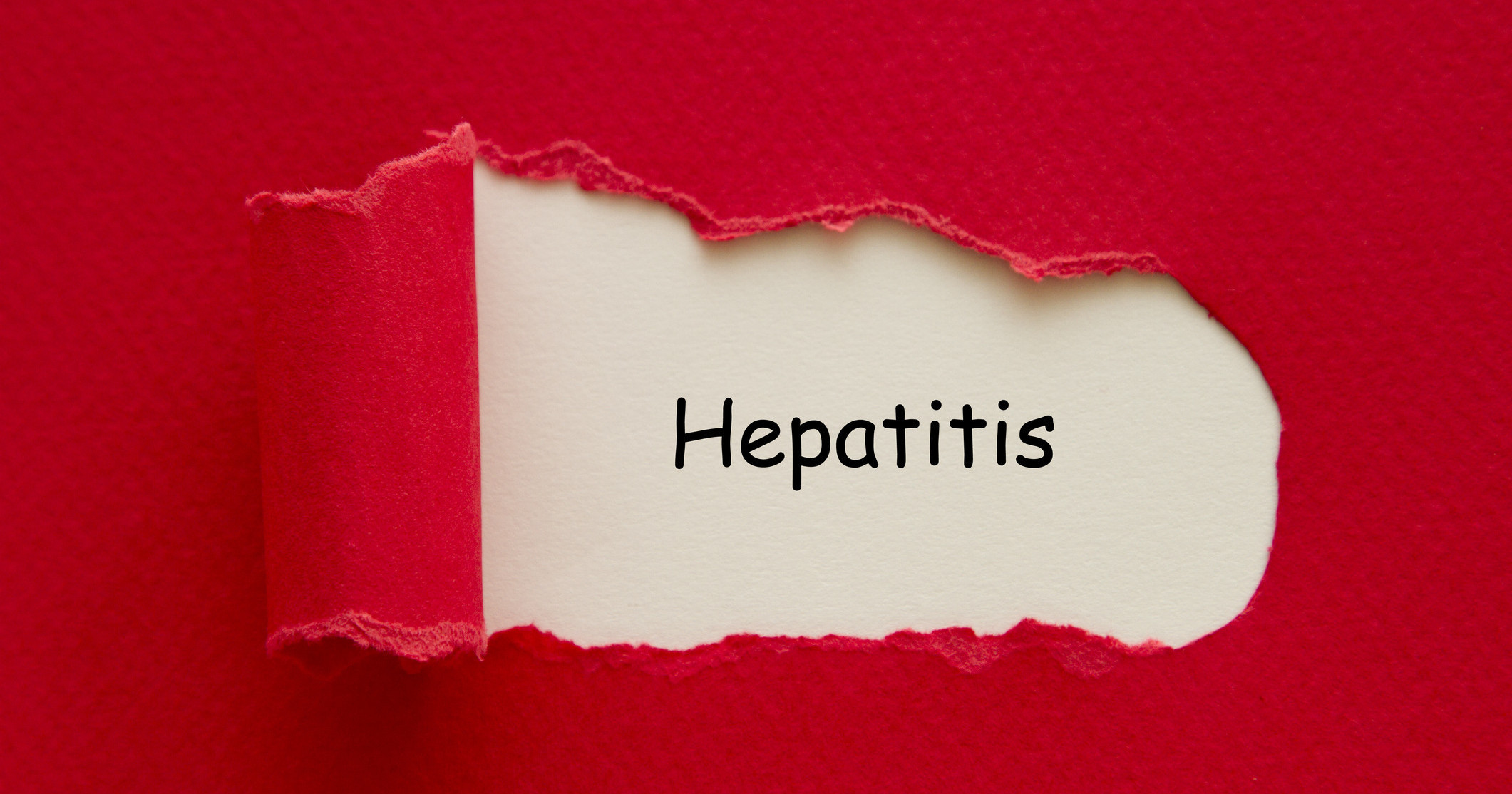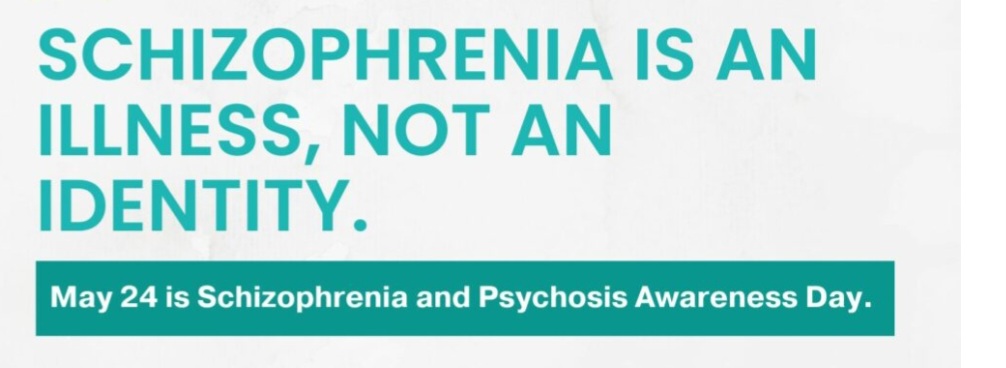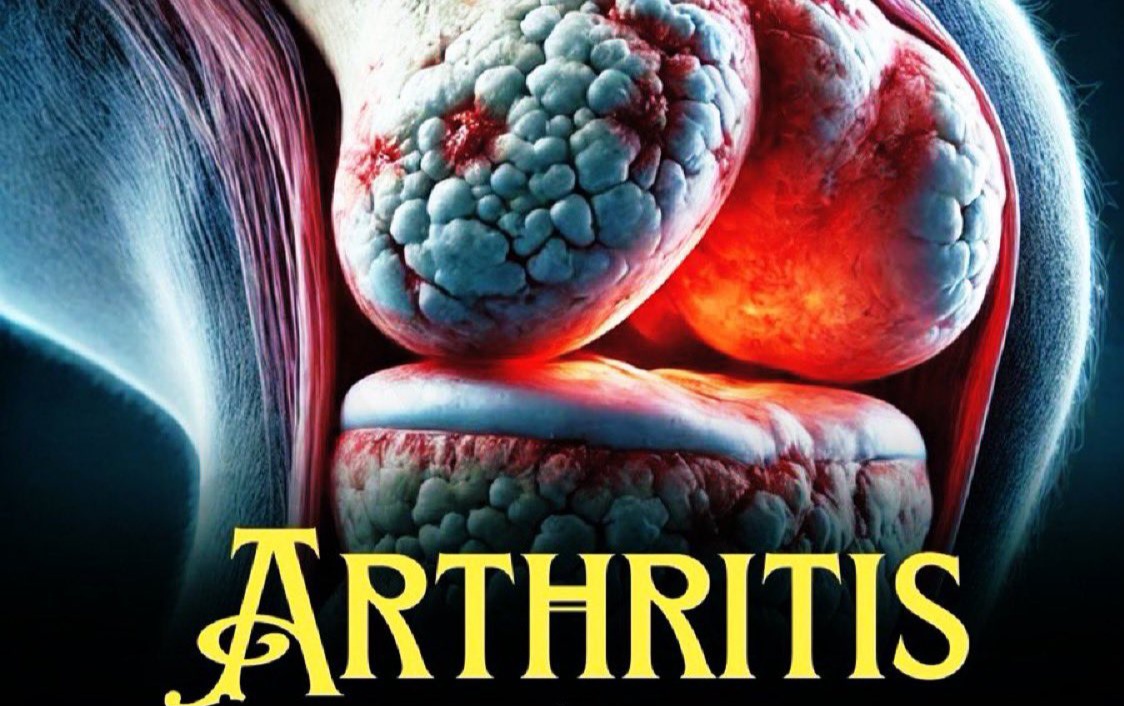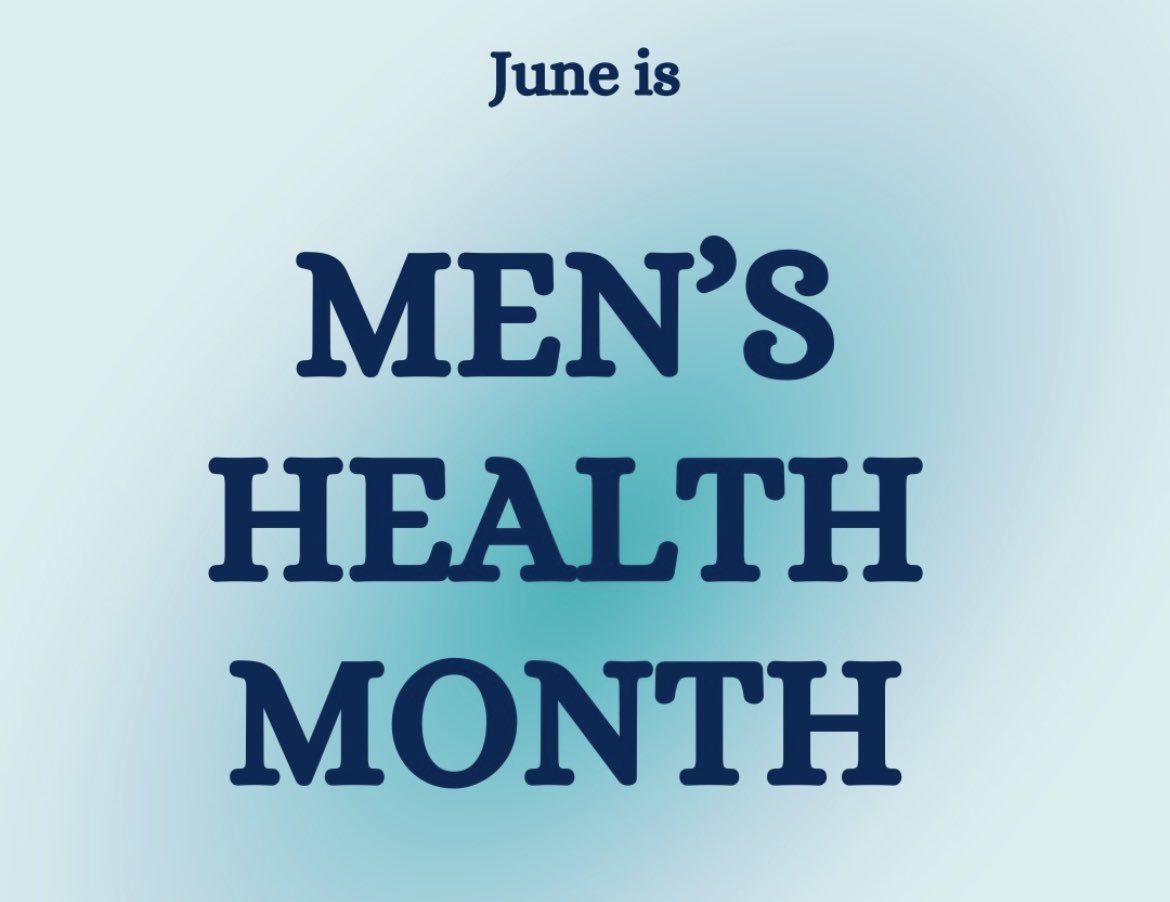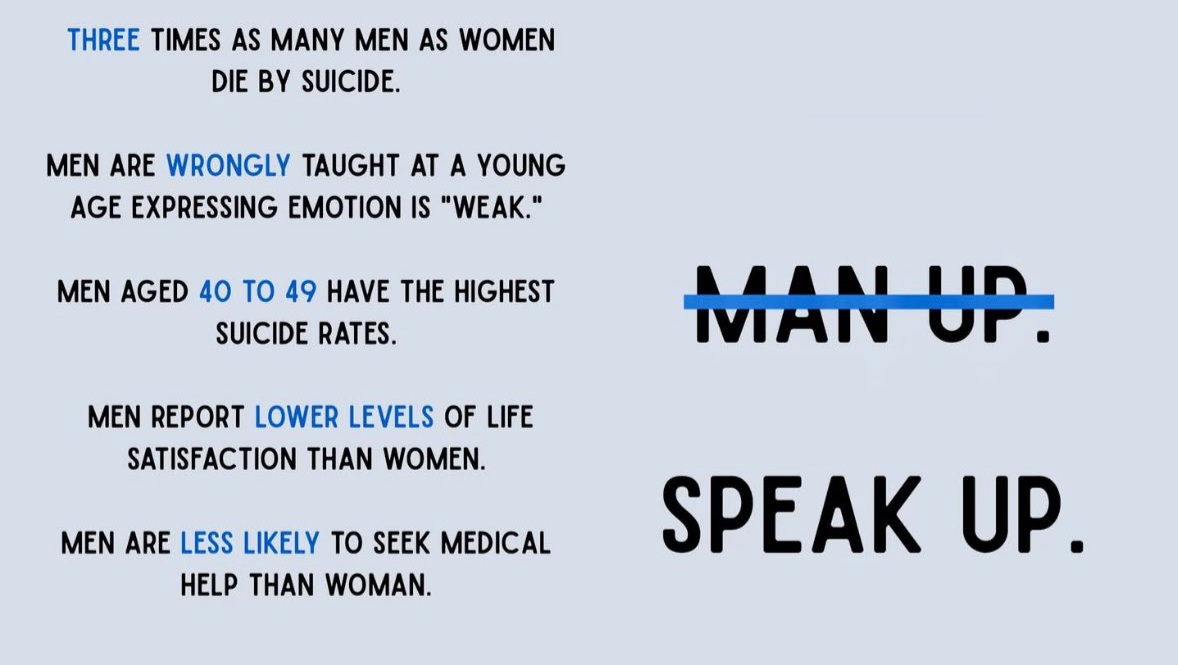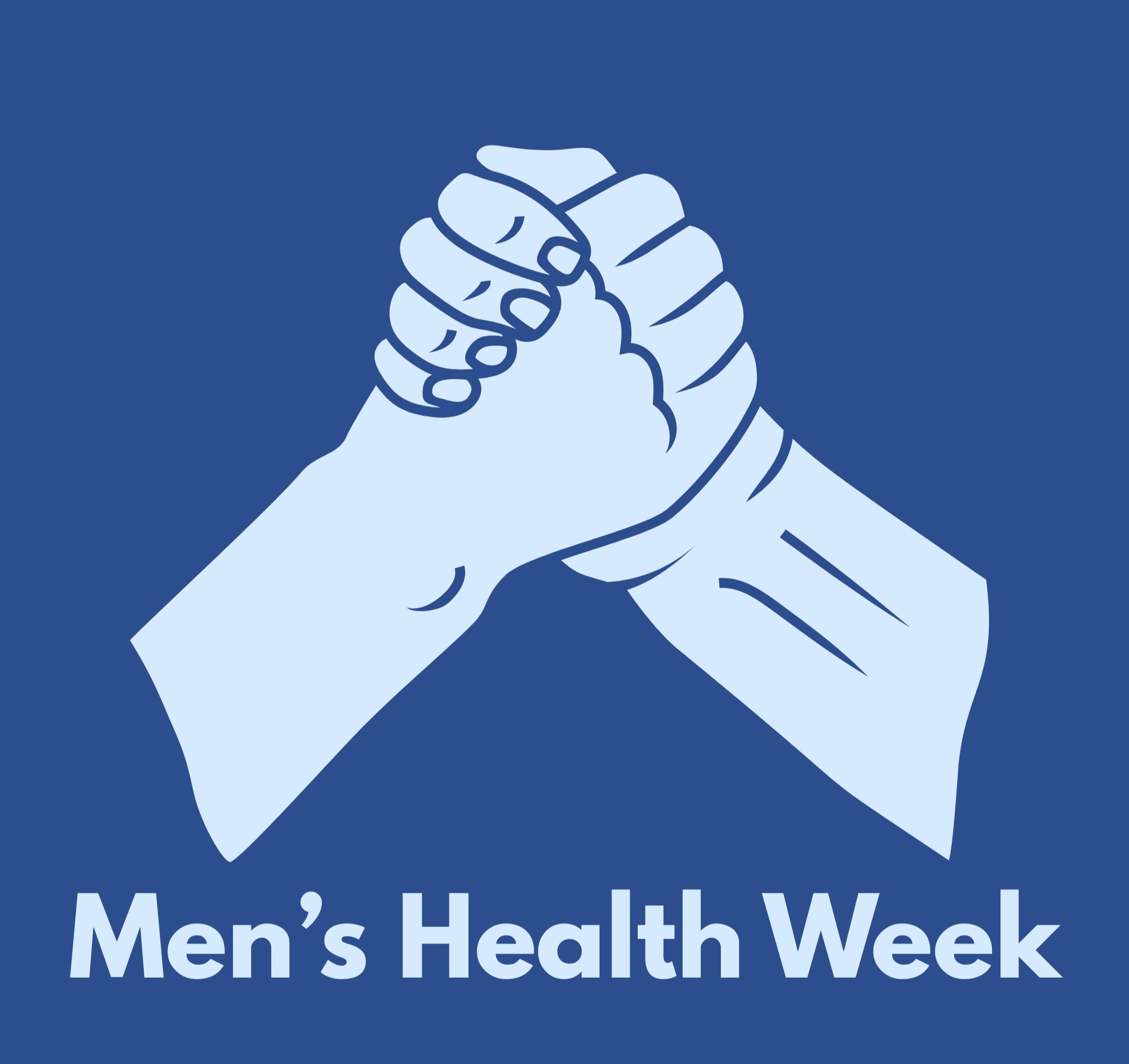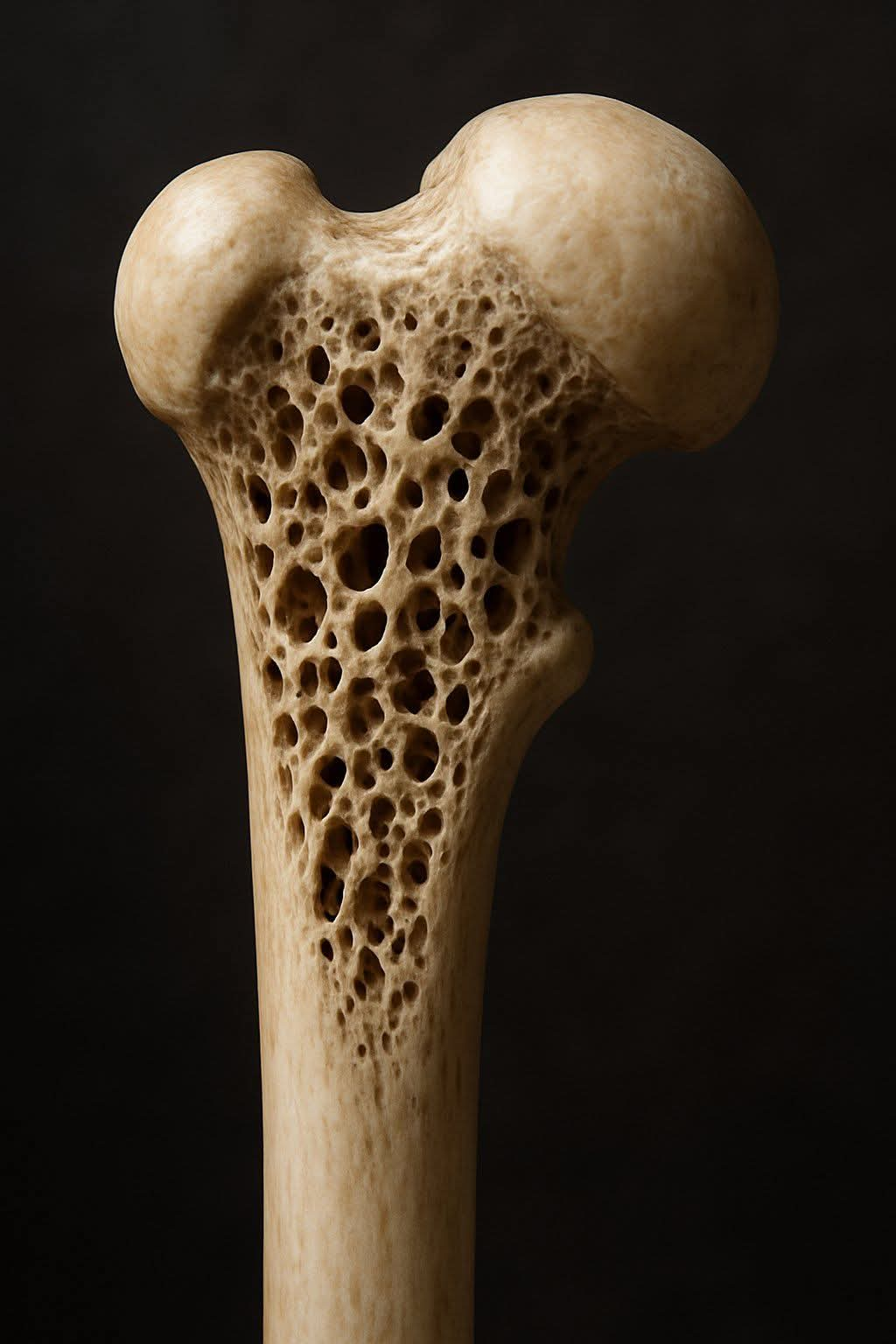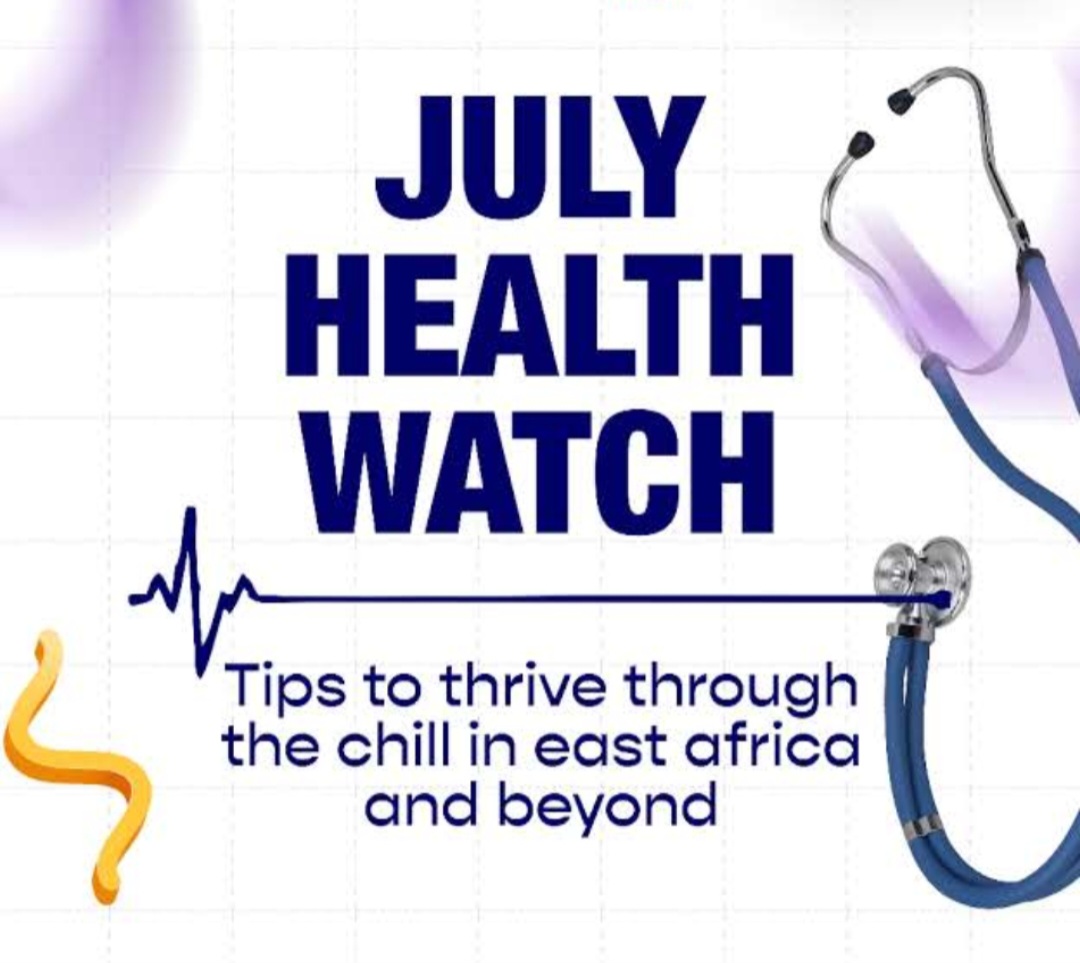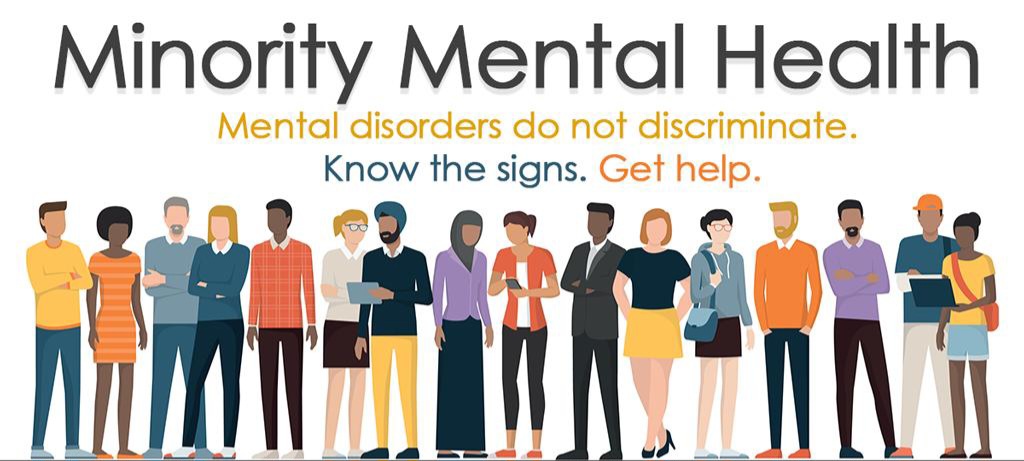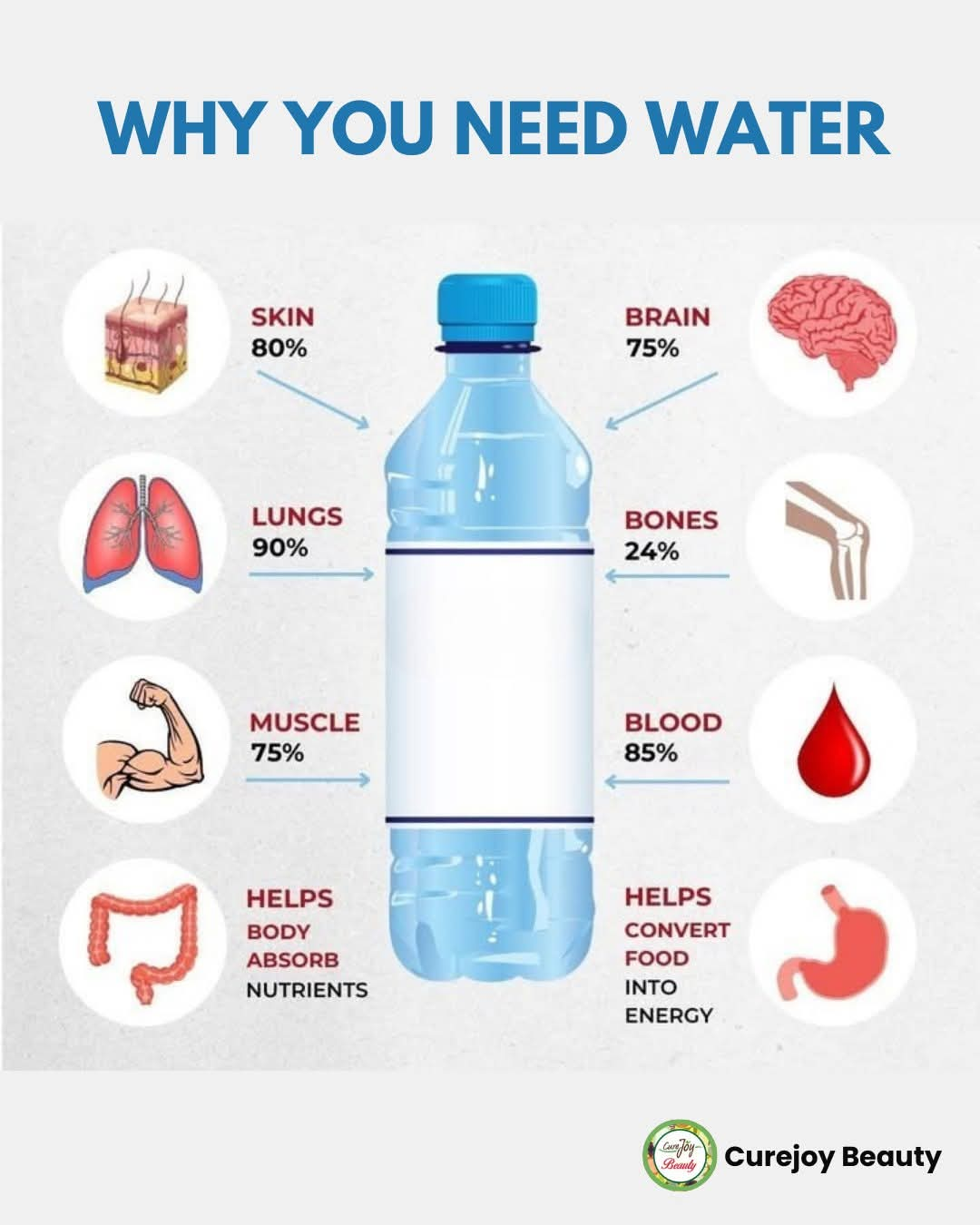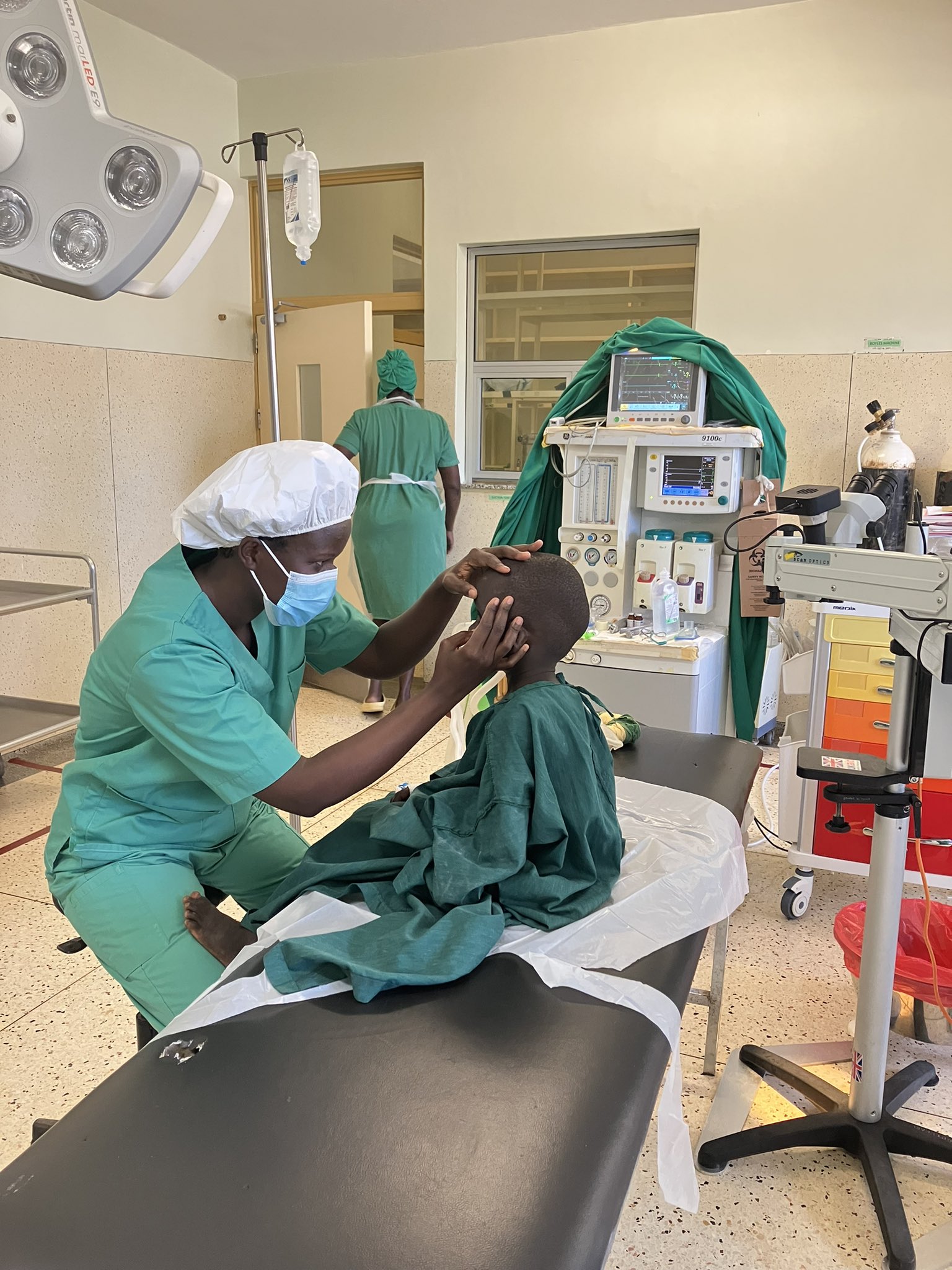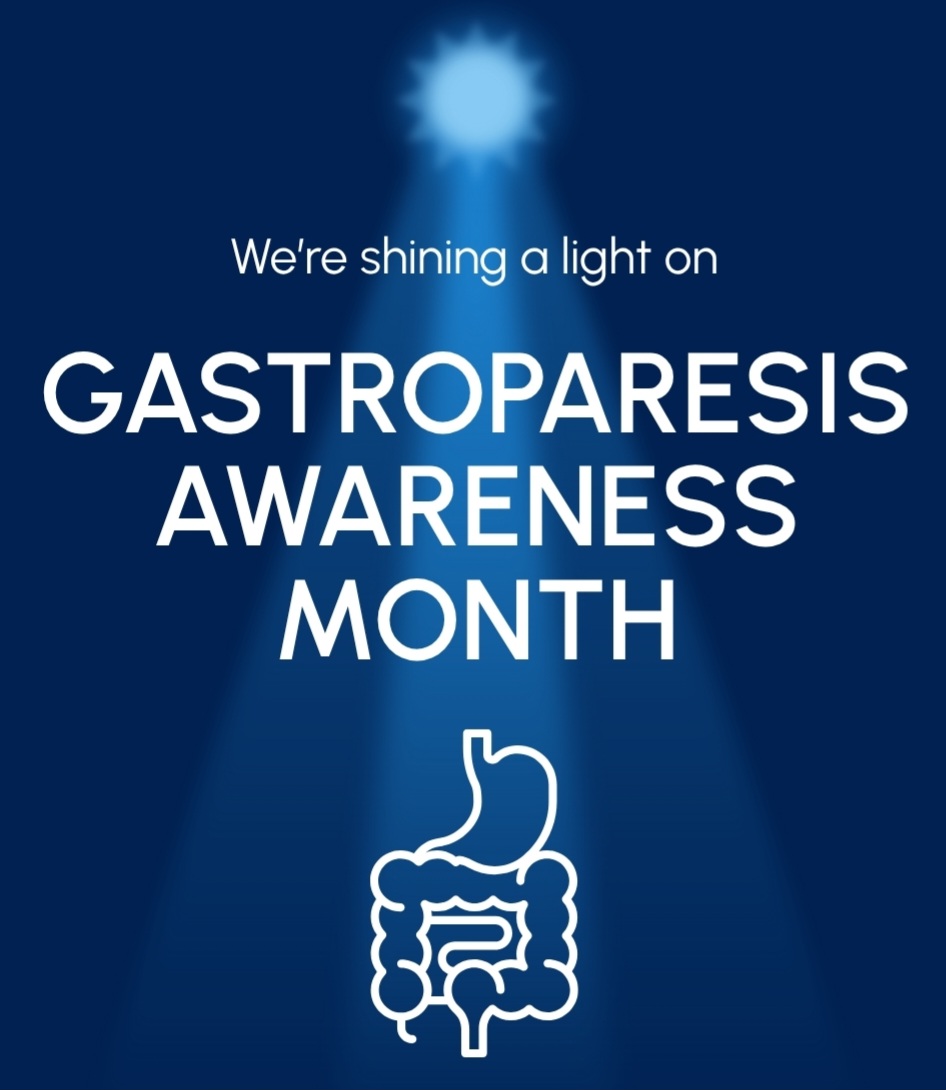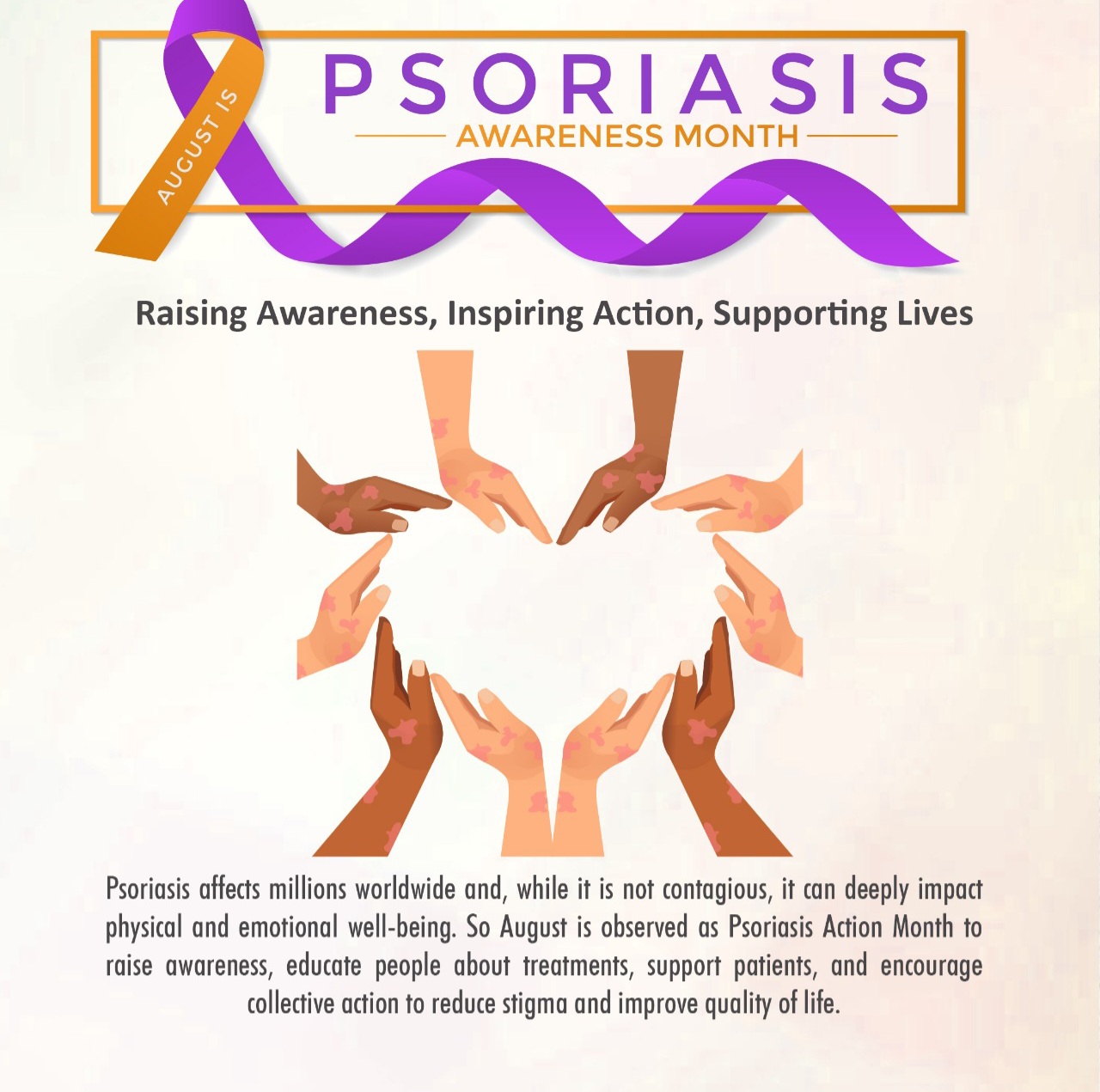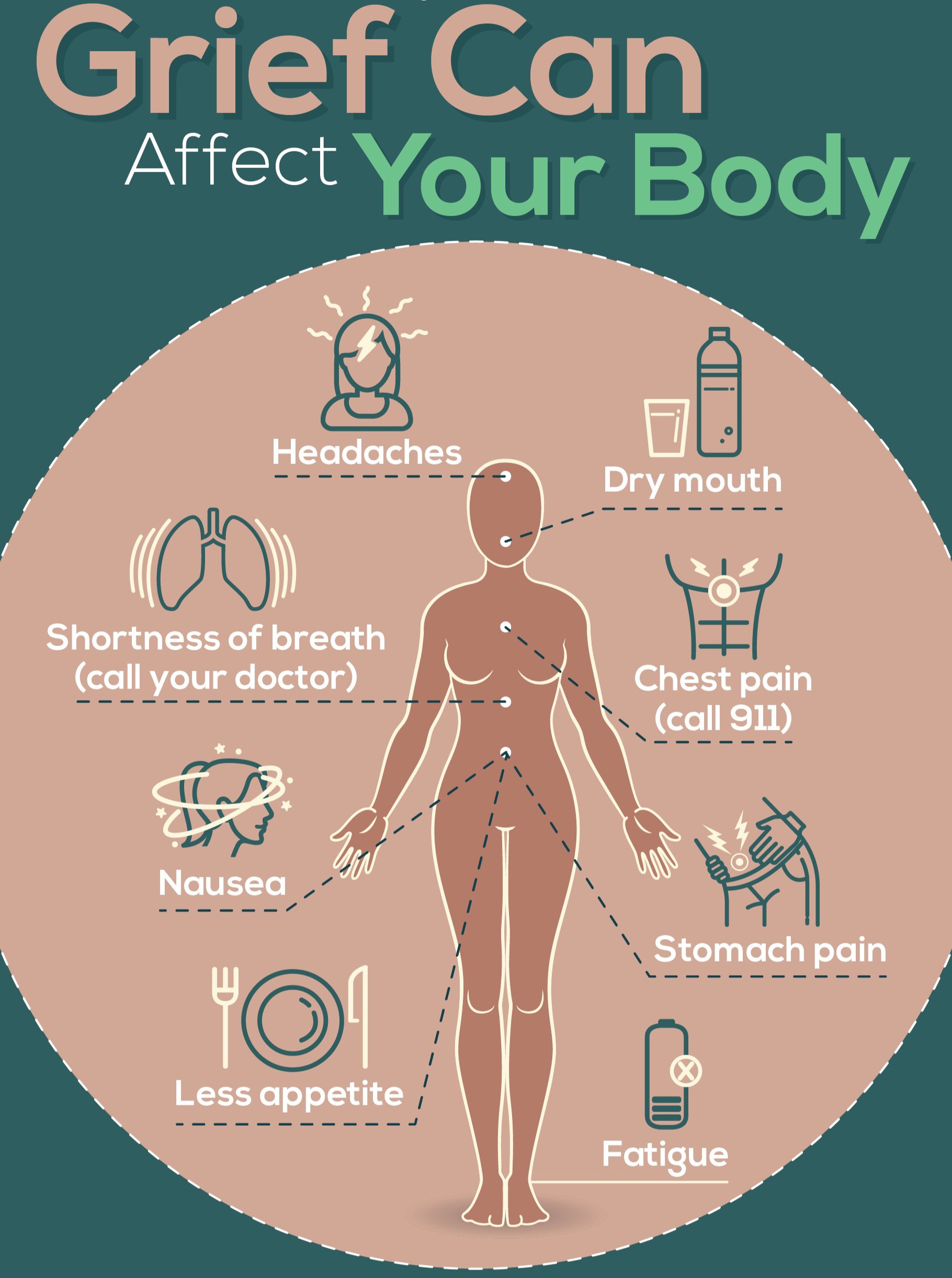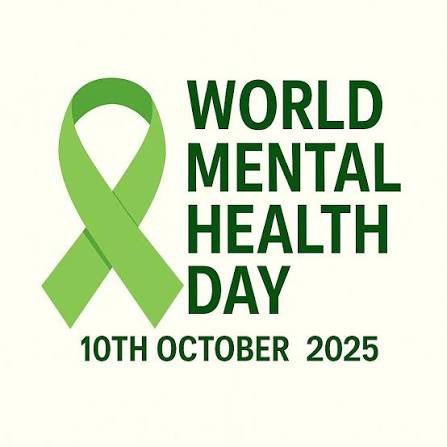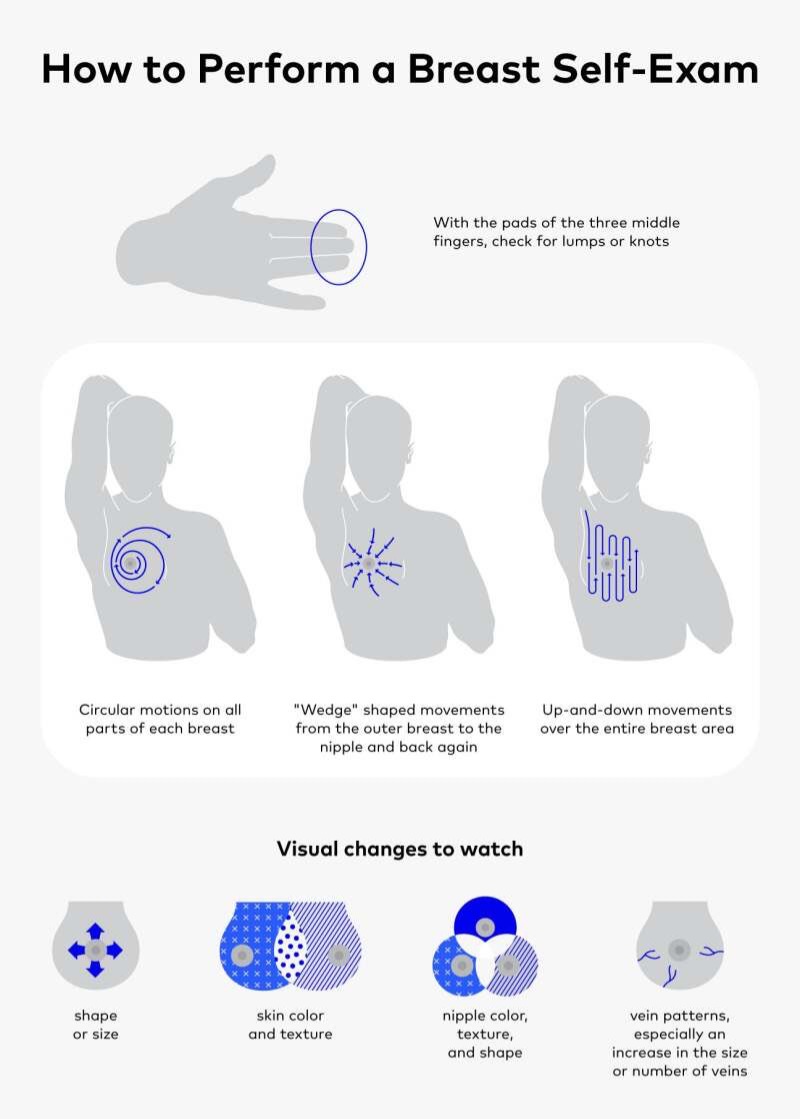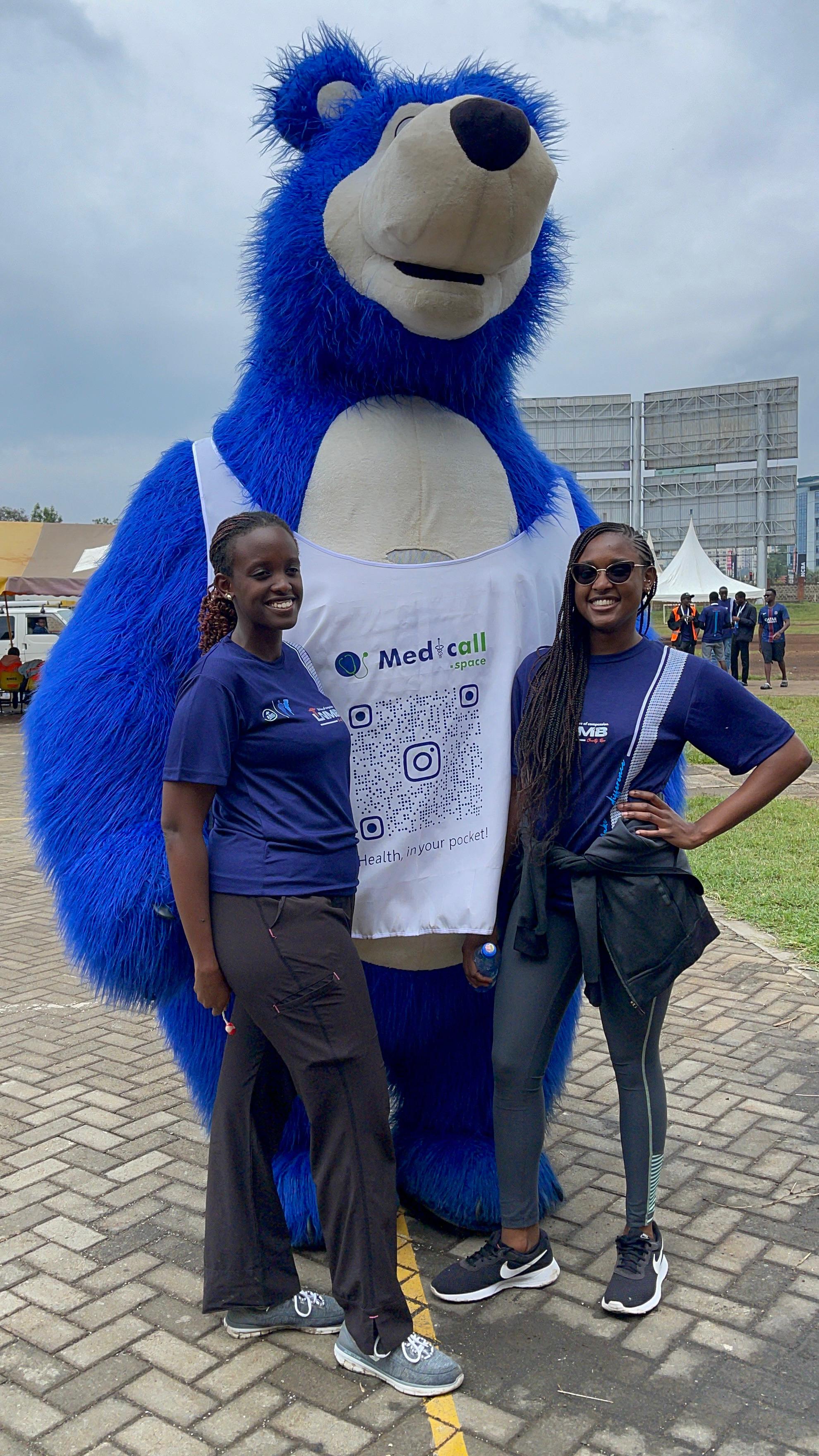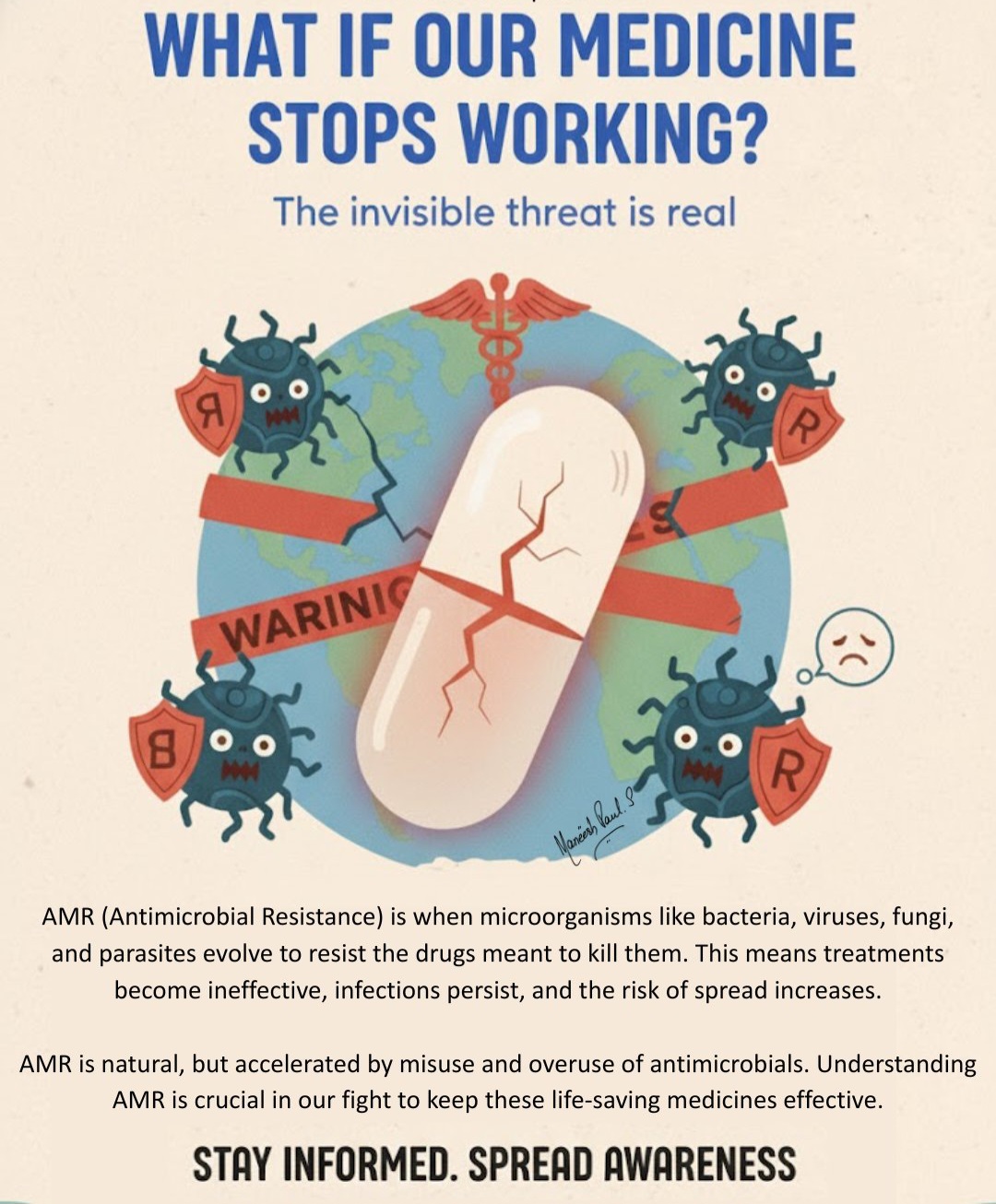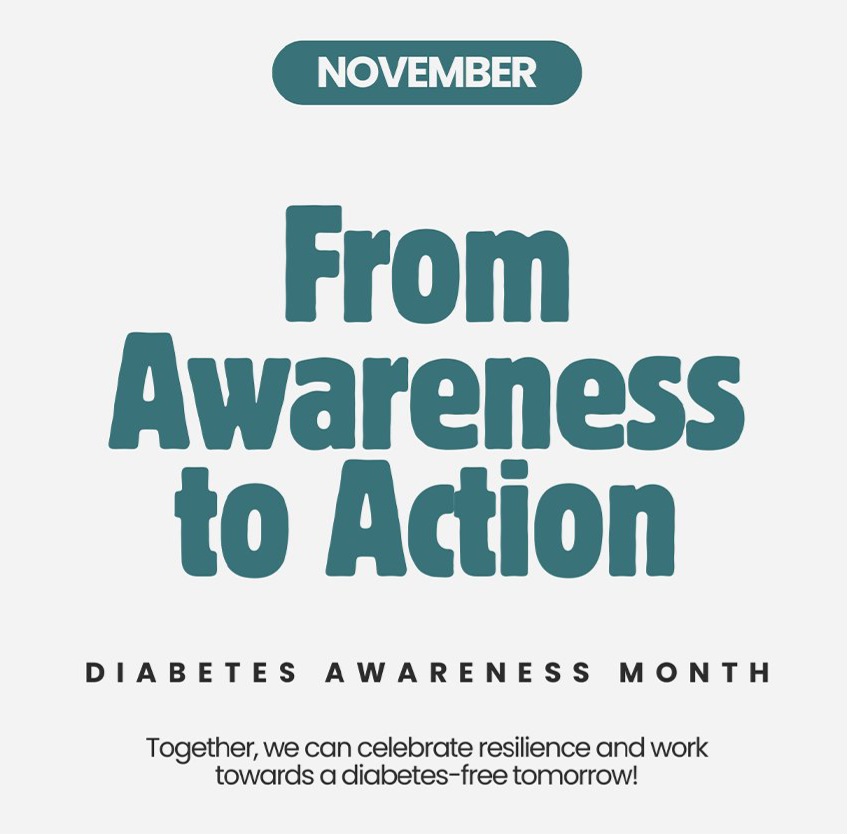Understanding BPH, Prostatitis, and Prostate Cancer & Tips to Prevent/Recognize Prostate Issues
1. Know the Role of the Prostate
The prostate gland is a walnut-sized organ located below the bladder and infront of the rectum in men. It surrounds part of ghe urethra and helps produce seminal fluid, which nourishes and transports sperm.
2. Recognize Common Prostate Conditions
Benign Prostatic Hyperplasia (BPH): Non-cancerous enlargement of the prostate, common after age 40. Can press on urethra and block urine flow.
Prostatitis: Inflammation or infection of the prostate, affecting men of all ages.
Prostate Cancer: A serious but often treatable cancer, especially when detected early.
3. Watch for Warning Signs
- Difficulty starting urination
- Weak or interrupted flow of urine
- Incomplete bladder emptying (urination)
- Frequent urination, especially at night
- Pain or burning during urination or ejaculation
- Blood in urine or semen
- Pelvic or lower back pain
- Painful bladder or discomfort in testicles.
- Erectile dysfunction
- Bone pain (advanced stages of prostate cancer)
Never ignore urinary symptoms. They may signal BPH, prostatitis, or even prostate cancer.
4. Start Routine Prostate Screening at Age 50 (or earlier if at high risk)
Tests may include:
- PSA Test (Prostate-Specific Antigen): Blood test that helps detect prostate abnormalities
- Digital Rectal Exam (DRE): A physical exam to feel the prostate for irregularities
Risk factors include: Race (Men of African descent are more likely to have prostate issues), age (over 45 years), sedentary lifestyle, obesity, a family history of prostate cancer, BPH, prostatitis.
5. Support Prostate Health Through Diet
Eat more fruits and vegetables—especially tomatoes, broccoli, and berries
Reduce red and processed meat intake
Include omega-3 fatty acids (e.g., fish like salmon, flaxseeds)
Drink green tea and stay Hydrated.
6. Exercise Regularly
Regular physical activity helps lower risk of BPH and supports hormone balance.
Aim for at least 30 minutes of moderate exercise most days of the week.
7. Limit Alcohol, Quit Smoking
Smoking and excessive drinking are linked to worsened urinary symptoms and higher cancer risk.
8. Manage Stress and Sexual Health
Chronic stress may worsen prostatitis.
Healthy sexual activity supports prostate fluid movement.
Practice stress-reducing activities like mindfulness, and communicate openly with your partner about any sexual health issues.
9. See a Doctor for Prostate Pain or Urinary Issues
Never self-treat persistent symptoms with over-the-counter remedies alone.
Early medical evaluation can prevent complications and catch prostate cancer when it’s most treatable.
